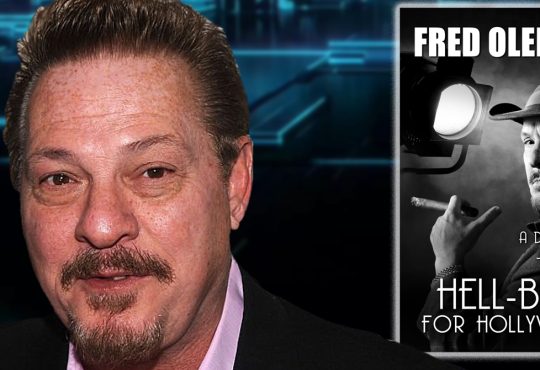Barry Keoghan Almost Died From a Rare Flesh-Eating Infection
Barry Keoghan is opening up about a past health scare that almost cost him his life. During a new interview with GQ, the Saltburn actor revealed that he developed necrotizing fasciitis — a flesh-eating bacterial infection — in 2022, just days before he filmed The Banshees of Inisherin.
During the interview, the GQ writer noticed a “gnarly scar tissue that winds its way up his arm like snake tattoo” and asked the actor about it. After explaining that he had contracted necrotizing fasciitis, Keoghan said that amputation “was on the table” and that, at one point, doctors were unsure if he’d survive the infection (according to the CDC, only one in five people who get the flesh-eating infection, die).
“I’m not sure if he was on a lot of meds, but he seemed to shrug it off,” Martin McDonagh, who wrote Banshees, told GQ. “We were only about four days out from shooting, and his arm was puffed up. But he was like, ‘Yeah, no, I’m going to be fine—I’ll see you on Tuesday.’ ”
“I went to the hospital thinking, Shit—is he going to die?” McDonagh added. “Let alone, is he going to make the movie. But I came out of there energized and looking forward to it.”
In the interview, Keoghan also remembered hearing a heart monitor as McDonagh told him, “Just remember this when you’ve been nominated for an Oscar.” (While he didn’t win, he did earn an Academy Award nod for the role.)
Necrotizing fasciitis is an aggressive flesh-eating disease caused when “bacteria enter the body through a break in the skin.” Those with it can develop blisters, fever, fatigue, and “pain worse than a person would expect based on the wound’s appearance,” according to The Mayo Clinic. Fewer than 20,000 cases are reported in the United States per year.
Keoghan has recently made headlines for his starring role in Saltburn, a psychological thriller about the twisted friendship between two college classmates.
“He’s one of those bright young actors from across the pond who feels like he’s been around forever, blessed with a 1950s matinee idol’s eyes and a 1930s character actor’s mug,” a Rolling Stone review of the film said of Keoghan. “He’s the one who sells some of the script’s more hairpin turns, who drops breadcrumbs regarding the character’s moral compromises, and makes you feel as if the more outré Freudian shocks are laced with at least a little awe.”







